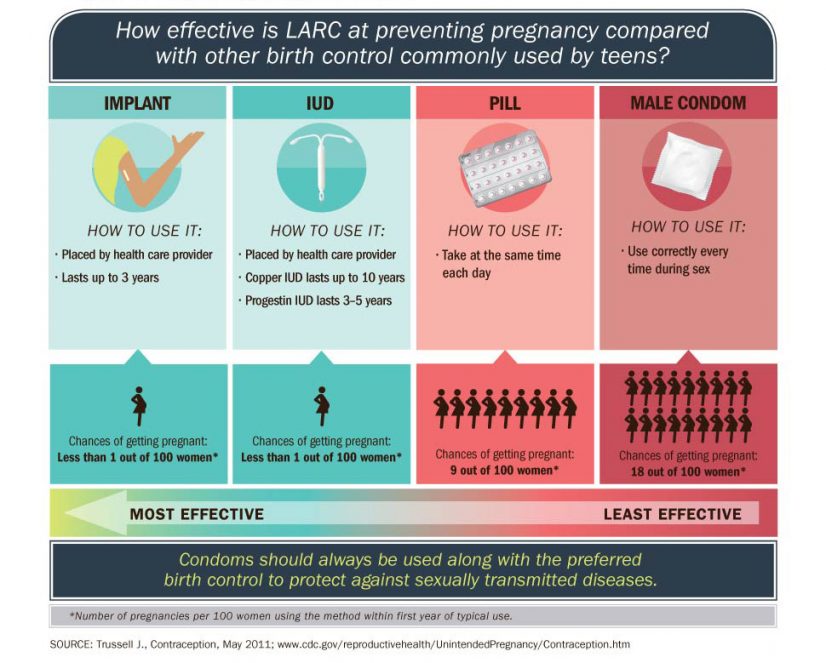After babysitting my two and five year old cousins this weekend, it inspired me to really look into what 4 best contraception methods are available. Although I love my cousins, and I find them to be the most beautiful babies on this Earth, I have come to lovingly know them as the best form of contraception out there.
There are many forms of contraception – barrier, hormonal, intrauterine, sterilisation, abstinence and emergency. Obviously some are more successful than others, but I would like to run through the most popular forms of contraceptives available,. These include a few anecdotal references from my own experience.
4 Contraception Methods
The Male Condom
My first dabble into the world of contraception was through the male condom. It acts as a barrier contraceptive that prevents the sperm from entering the uterus, and thus prevents pregnancy.
The male condom is placed on the shaft of the penis and stays in place throughout sex. I hated relying on just this form of contraception. I was so anxious that it would fall off, or that it would somehow rip, or that I would have to go fishing through my vagina to find it again. However, the condom is good in preventing the transmission of disease, so for that I do like it.
| Some of the Positives: | Some of the Negatives: |
|
|
The Rod
The rod became my next contraception choice, boasting 99% effectiveness and the potential to stop periods entirely. Initially viewed as a blessing, the first few months post-insertion were challenging—painful cramps, ruined underwear, and increased appetite. Despite these drawbacks, the advantage of reduced anxiety about condom-related issues stood out positively.
| Some of the Positives: | Some of the Negatives: |
|
|

The Pill
The pill works by the use of hormones. Some pills contain both estrogen and progestin, which is known as the combined oral contraceptive, and some pills contain progestin only. Hormones in the pill work by keeping eggs from leaving the ovaries – pregnancy can’t happen if there’s no egg to party with the sperm, can it? This pill also makes the cervical mucus thicker which prevents the sperms passage to the uterus.
When I was on this form of contraception between the extreme cravings for every food item possible. I found it difficult to get out of bed everyday – and not for the crazy protected sex you think I may have been having during this time. This contraception made me extremely anxious and depressed, and as studies suggest. It has the same effect in over 23% of women. Needless to say, this contraception was not for me.
| Some of the Positives: | Some of the Negatives: |
|
|
The Intrauterine Device (IUD)
Opting for the IUD as my next contraceptive choice appeals to me. This small, T-shaped plastic device, whether copper-wrapped or hormone-containing, is inserted into the uterus with a plastic string extending into the vagina. It alters sperm movement, preventing them from reaching the egg.
This method offers a medication-free alternative, eliminating daily concerns about timing. Although apprehensive about the potential pain during insertion, the prospect of long-lasting protection, with some devices lasting up to 12 years, outweighs the initial discomfort.
| Some of the Positives: | Some of the Negatives: |
|
|
Contraception is very important for the practice of safe sex. It’s also important that you’re on a contraceptive method that works for you and your lifestyle. Although some of the above methods that were mentioned weren’t necessarily my favourite, they could be just perfect for you.
So if you’re looking into using contraception, do your research and talk to your doctor. Just like there’s plenty of fish in the sea, there’s also plenty contraceptive options for everyone.
About the Author: Ebony a consultant from Oh Zone Adult Lifestyle Centre
Guide to Contraception
When it comes to preventing pregnancy, there’s a myriad of contraceptive options available. The most suitable method for you depends entirely on your health, lifestyle, and personal preferences. This comprehensive guide aims to help you understand and choose the contraception that best suits your needs.
Contraceptive methods come in various forms, each with their own level of effectiveness, frequency of use, and potential side effects. Here’s a brief rundown of some popular methods:
Contraception methods
Hormonal Contraceptives:
Hormonal methods release synthetic hormones (progestin and/or estrogen) to prevent ovulation and thicken cervical mucus. Examples include birth control pills, patches, injections, and implants.
Intrauterine Devices (IUDs):
IUSs are small T-shaped devices are inserted into the uterus and work either by releasing hormones (hormonal IUDs) or copper (copper IUDs) to prevent sperm from fertilizing an egg.
Barrier Methods:
Barriers physically prevent sperm from reaching the egg. Options include male and female condoms, diaphragms, and cervical caps.
Emergency Contraception:
Used after unprotected sex or contraceptive failure to prevent pregnancy. The “morning-after pill” and copper IUDs are common types.
Natural Family Planning:
Also known as fertility awareness-based methods, these involve tracking menstrual cycles to identify fertile days and abstain from sex or use protection during these times.
Permanent Contraception:
Surgical procedures like vasectomy for men and tubal ligation for women provide a permanent solution to birth control.
Efficiency of Contraceptive Methods
The effectiveness of contraceptive methods is usually measured by how many pregnancies occur in 100 women using the method for a year. For instance, a method that’s 99% effective results in one pregnancy among 100 women using it for a year.
Most methods are highly effective when used correctly; however, their effectiveness can decrease with typical use due to human error (like forgetting to take a pill) or inconsistent use.
Daily Contraceptive Routines
For those who can incorporate contraception into their daily routines, there are several options:
Combined Pill:
Progestogen-only Pill:
Contraceptive Patch:
Long-term Contraceptive Solutions
For those seeking long-term solutions that don’t require daily attention, consider the following:
Contraceptive Implant:
IUD:
Contraceptive Injection:
Comfort with Vaginal Insertion
Certain contraceptive methods require being comfortable with inserting them into your vagina:
Vaginal Ring:
Female Condoms:
Impact on Menstrual Cycle
Contraceptive methods can affect your periods in various ways. Some might make your periods lighter, while others can cause irregular periods. Discuss with your healthcare provider how each method may impact your menstrual cycle.
Consideration for Smokers and Overweight Individuals
Certain health factors can influence which contraceptive methods are safe for you. Smokers over the age of 35 and very overweight individuals may not be able to use contraceptives that contain estrogen.
Medication Interactions
Some medications can interact with hormonal contraceptives, potentially decreasing their effectiveness. Always inform your healthcare provider of any medications you’re currently taking.
Planning for Pregnancy
All contraceptive methods can be stopped if you plan to get pregnant. However, the time it takes for fertility to return to normal can vary depending on the method.
Choosing a contraceptive method is a personal decision that should be made with careful consideration and consultation with your healthcare provider. Remember, while all the methods mentioned here can prevent pregnancy, only condoms can also protect against sexually transmitted infections.
Regardless of which method you choose, consistent and correct use is key to maximizing its effectiveness. It’s also essential to regularly review your contraceptive needs as your lifestyle, health, and circumstances change.

Jennifer is a marketer and sex toy reviewer at Adultsmart! Embracing a non-judgmental stance, she believes in pleasure without limits—if it feels good and right, why not?








Leave a Reply